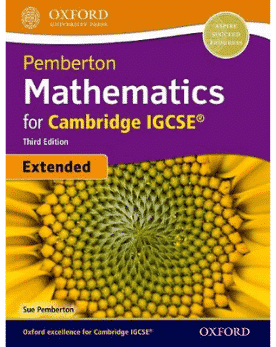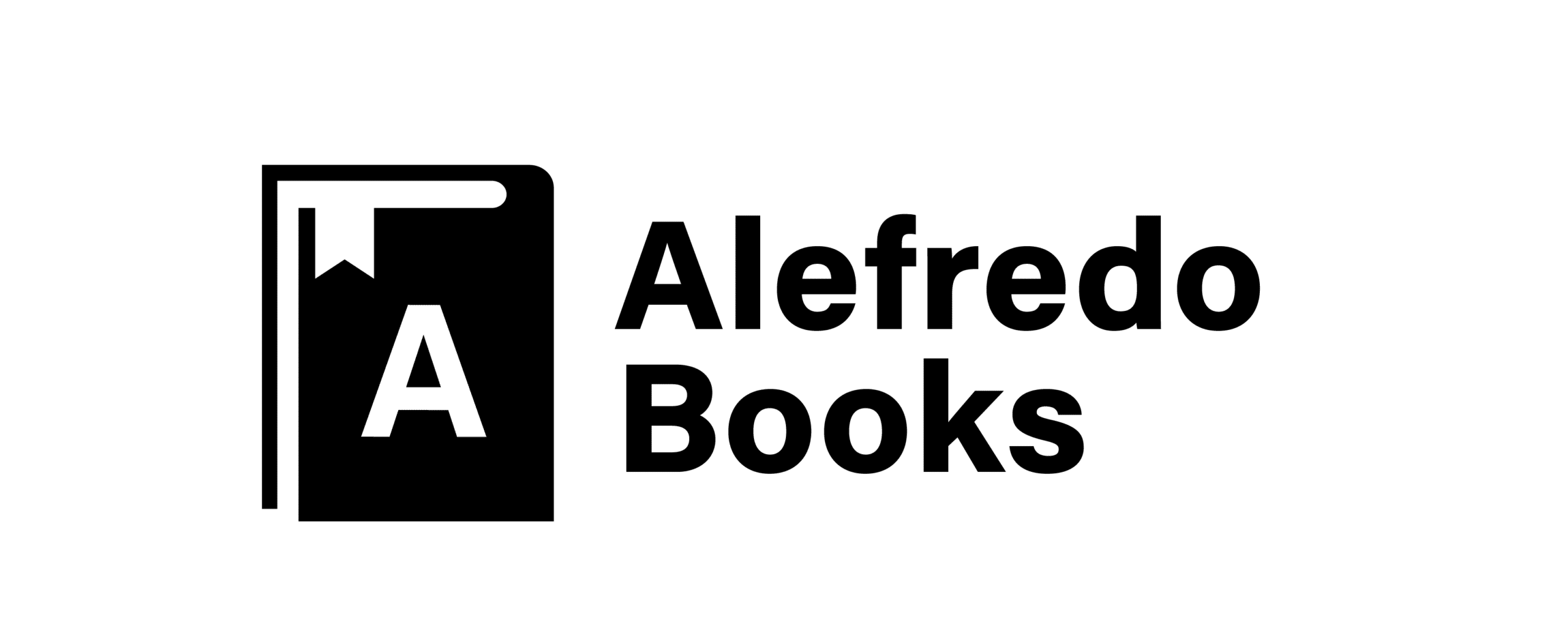
Cambridge IGCSE Mathematics 0580
Cambridge IGCSE Mathematics is a core subject and is essential for all learners. The course is based on the UK National Curriculum and aims to develop mathematical understanding and skills in students. It focuses on problem-solving, presenting findings and communicating mathematical concepts. It provides a solid foundation for further study. The exam is the culmination of a year-long programme of studies that will help learners prepare for further study at higher levels.
The exam consists of three papers: Paper 2 (Extended) and Paper 3 (Core). The Extended curriculum is based on a number of topics and the use of calculators is prohibited. The exam is externally assessed and students are allowed to use any scientific calculator for this exam. The course is structured to test mathematical understanding and reasoning, as well as mathematical knowledge, so students need to be prepared for the rigour and challenge of the course.

The Extended and Core curriculums are based on the same curriculum
The exams are set in a similar manner but the Extended exam is more challenging. While students can use calculators in the Core examination, they are not permitted to use them for the Extended curriculum. The exam requires that all students have a scientific calculator to answer questions. The examinations are divided into three parts. The exam lasts for two hours, which means that a student should allocate about five hours for revision each week.
The Cambridge IGCSE Mathematics examination is a challenging one. The exam will be divided into two parts: Paper 2 (Extended) and Paper 3 (Core). In the Extended exam, students are not allowed to use calculators, while the Core exam allows use of a calculator. If you choose to use a calculator, make sure that it is compatible with the syllabus. You should also remember that the exams will written in English and open to multiple interpretations.
There are three papers in the course
Paper 1 is based on the Extended curriculum. It is not possible to use calculators during the Extended exam. The other paper is the Core exam. Both papers will marked, and the teachers will check the answers. A student should not use a calculator during the examination. However, he or she can use a scientific calculator in the case of a paper that is in the Extended curriculum.
The course will develop students’ mathematical skills and knowledge. It helps them understand and apply mathematical concepts and formulas. The course focuses on the two levels of mathematics: the Extended curriculum includes the Extended syllabus. The Core syllabus is based on the Core curriculum. In the Extended curriculum, students can use a calculator. For the final exam, the calculator must be a programmable calculator. Its price should not be too high.
The course will also develop students’ mathematical understanding and skills
They will learn to understand and apply mathematical concepts, and solve problems. They will also learn to interpret the results of their work. The course follows the Extended curriculum, and the grades for this course are D-A*. The exam will include marked assignments and unit discussions. The exam will require students to solve problems, apply mathematical skills, and use a scientific calculator. This is a challenging course, but it will develop their academic and practical skills.
In the extended curriculum, students will study using the Extended curriculum. They cannot use a calculator in the Core curriculum. They must use a calculator for the external assessment. If the exam is the same, students must take two exams. If one paper is based on the Core curriculum, a student will take it for the first time in their life. During the Extended syllabus, students must complete a unit in Mathematics. If they are not sure what to study, they should check with their parents.
The course develops the students’ mathematical knowledge and skills
They understand and apply the principles of mathematics. They can solve complex problems and interpret results. The Cambridge IGCSE Mathematics syllabus targets the grades D-A* and is based on the UK National Curriculum. They will also get a lot of practice in unit discussions and mark their own assignments. They will also have the opportunity to study in class, meet other students and interact with teachers.

Comments (0)